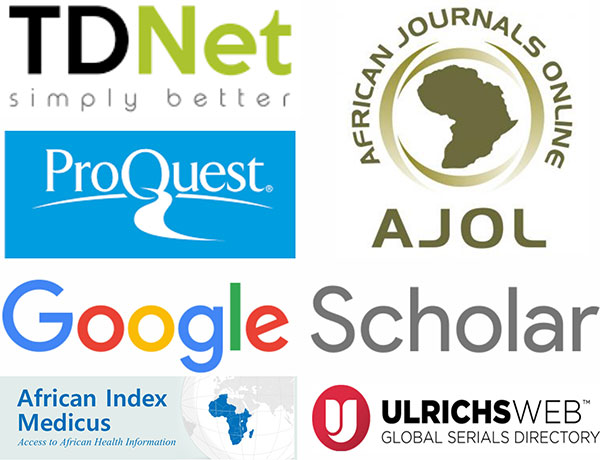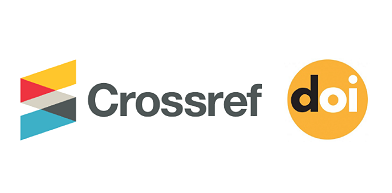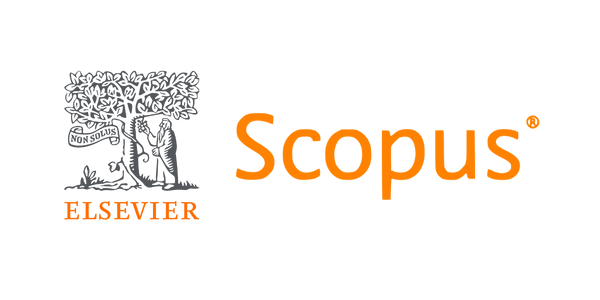Knowledge of diabetes mellitus: An aggregate qualitative study of students, teachers, market women, religious organization and community youths
DOI:
https://doi.org/10.61386/imj.v14i2.65Keywords:
Diabetes Mellitus, Knowledge, qualitative study, Students, Church, Market Women, Community YouthsAbstract
Context: The increasing rate of diabetes mellitus (DM) among most age groups irrespective of social class is becoming alarming in Nigeria. Knowledge of DM is pertinent in reversing the current trend and improving the quality of life of the population. However, inadequate knowledge of DM has been documented among various subsets of the population in Nigeria.
Objective: This study was designed to assess the knowledge of DM among the aggregate of the population in Delta State Nigeria.
Methods: This was a cross-sectional study utilising qualitative methods. The researchers purposefully selected 159 discussants from schools, church, market women, and community youths. A total of 16 Focus Group Discussions (FGDs) and 21 In-depth Interviews (IDIs) were conducted among students, teachers, market women, religious organisation and community youths. An FGD and IDI guide were designed and used to collect the data. The recorded FGDs and IDIs were transcribed verbatim and analysed thematically for themes and content.
Results: Most of the discussants defined DM as excess sugar in the blood and mentioned type 1 and 2 as types of DM. The majority, exhibited inadequate knowledge of DM causes, risk factors and complications. The discussants showed good knowledge of DM management and prevention. The students generally exhibited poor knowledge of all components of DM.
Conclusion: Overall, the discussants demonstrated inadequate knowledge of DM; however, poor knowledge of DM was observed among the students. The study recommended DM health educational intervention for the entire population irrespective of DM status.
Published
Issue
Section
License
Copyright (c) 2021 Otovwe A, Okandeji-Barry OR, Charity OU, Kingsley A, Oghenerume H, Dikenwonsi A, Abuh I

This work is licensed under a Creative Commons Attribution 4.0 International License.










